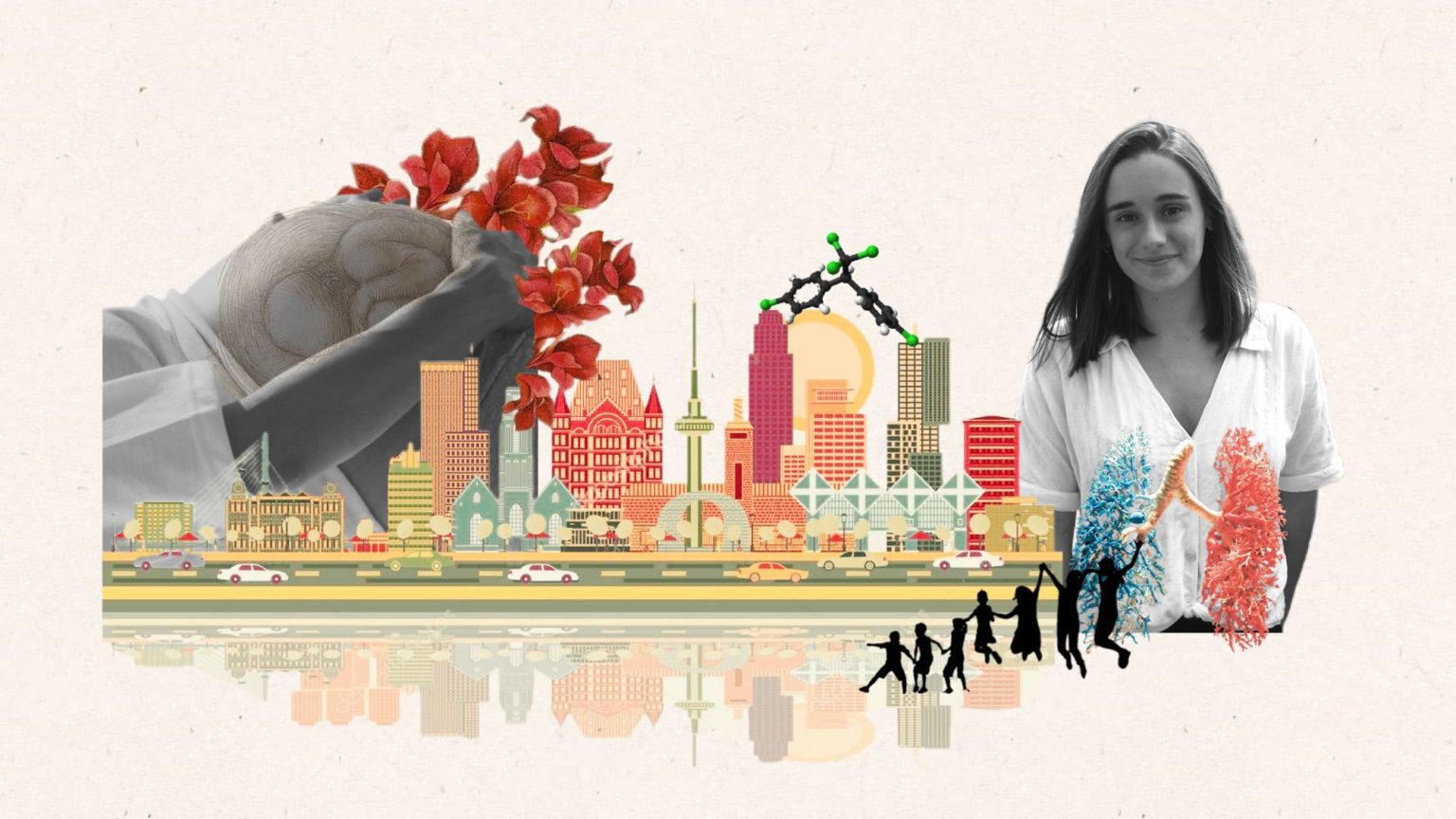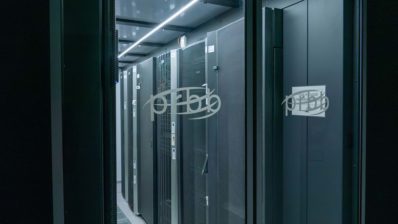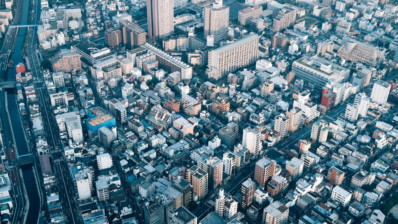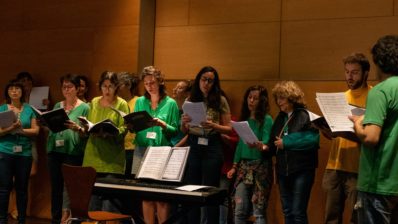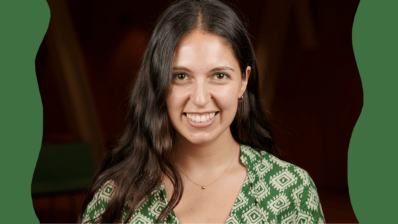“Thank you for inviting me to participate in this initiative; we really need more visibility for these profiles that are almost never in the spotlight”. That’s how Alicia Abellan greets me when we met for a coffee to do this interview.
Alicia is a young scientist who has completed her PhD at the Institute of Global Health in Barcelona (ISGlobal), where she has studied the effect of prenatal environmental exposures on respiratory health. “The worst exposres are those from persistent pesticides and pollutants, because they continue for decades both inside and outside our body. They were banned in the 1970s in Spain, but they are still found in the blood of the umbilical cord of children born in 2005! ”, she explains. One of the concerns is that they can cross the placenta and affect the fetus, which is so much more vulnerable than adults because it doesn’t have the same detoxification mechanisms.
To do these studies, Alicia’s team, led by Maribel Casas, had to create large cohorts of mothers and children, using electronic medical data. “In collaboration with the ICS (Catalan Institute of Health) we created an algorithm that links the pediatric population with their probable parents; this allows us to have access to anonymised data from up to a million couples of parents and children!”, she explains excited.
“Before I started my thesis, I would never have imagined the big impact on our health of everything that happens during pregnancy”
Alicia Abellan (ISGlobal)
This amount of data is a very valuable source of information, and now she is starting her postdoc, Alicia wants to use it to continue studying how pregnancy can affect children’s health. “Before I started my thesis, I would never have imagined the big impact on our health of everything that happens during pregnancy“, she says. The young researcher is very clear: changes need to be made at the individual level – diet, non-smoking, avoiding processed foods – but the most important are the changes at the regulatory level. And in order to convince regulatory systems, data are needed. “When I talk about my studies, people say ‘it is obvious that pollution is bad!’ But we still need to show strong evidence so the necessary policies can be created“.
These clear vision has not always been the case for Alicia. “What I’ve been studying, I’ve been finding it and deciding it along the way… Very few people have a clear idea of what they want from early childhood. You make decisions along the way, and you can even change direction”.
“Very few people have a clear idea of what they want from early childhood. You make decisions about what you like, and you can even change direction”.
That’s why she encourages anyone with a little bit of curiosity to throw themselves into research. “What leads all of us to do things is curiosity!”, she confirms.
In fact, since she was 18 years old, she has been encouraging other girls and boys to take an interest in science. In her native Mataró, she has taken part in the Scientific Learning Laboratory (LAC) where, with some of her peers at university, they began to do “fun science”, aimed at primary school students.
If Alicia has awaken your curiosity, we invite you to get to know her better!
Is a scientist born or created?
Both! Changes of direction and discoveries of passions throughout life are always welcome. However, it should be kept in mind that not everyone receives the opportunity to access the necessary training or to pursue a career in science.
How would you explain what you study in a simple way?
My field of study is epidemiology. During my PhD, I studied how environmental exposures during the prenatal stage are associated with children’s respiratory health.
Imagine you want to plant a tree and you have two options. The first is to put the seed in a good quality soil, in a calm environment, without noise and with the purest air you can imagine. The second option would be to put it in a contaminated ground, surrounded by cement and with trucks passing by it continuously. What would you choose? Do you think that the environment in which you plant the seed will influence how the tree will grow, even decades after planting it?
That’s a powerful image! And what sparked your interest in science?
Curiosity! The interest in understanding how we function biologically and the innovative capacity of science to improve the development and health of populations. Basically, and particularly in epidemiology, we do what we can to make a positive impact on global health.
What kind of student were you when you were little?
I have always shown an interest in my studies and in continuous learning. That’s why I was an organized, responsible, hardworking student – and a bit restless!
What would you do if you were not a scientist?
You would probably find me in a quiet place, surrounded by nature and busy with any creative and handcraft work.
How would your collegues describe you?
As a hardworking, organized, dynamic person who brings a good atmosphere within the team. I always have time to help others and have fun!
What would you like to say “it has finally been achieved”?
The end to job insecurity in the scientific academic world.
What has been your biggest failure or mistake?
To let myself get caught up in the imposter syndrome, which unfortunately is very much present in the scientific field, especially among young women.
The best advice you’ve ever been given?
Be clear about who you are, what your strengths are and never lose them!
Can you share a favorite scientific quote or joke?
My favorite quote is not scientific but it applies to all areas of life, and especially to why we do research: “We must always attempt to lift as we climb” – Angela Y. Davis
Who is your favorite scientist?
All those women scientists who work in the shadows, those whose names do not appear in the news, but who do incremental work for science to advance and planetary health to improve.
Could you recommend us a book?
And two! Canto jo i la muntanya balla, by Irene Solà; and Silent Spring, by Rachel Carson.
A song?
I love music so much that I couldn’t choose a single genre or artist.
A film?
The ones directed by Wes Anderson.
A digital channel to follow?
La Directa (https://directa.cat/).
Thanks Alicia, and good luck with your postdoc!


